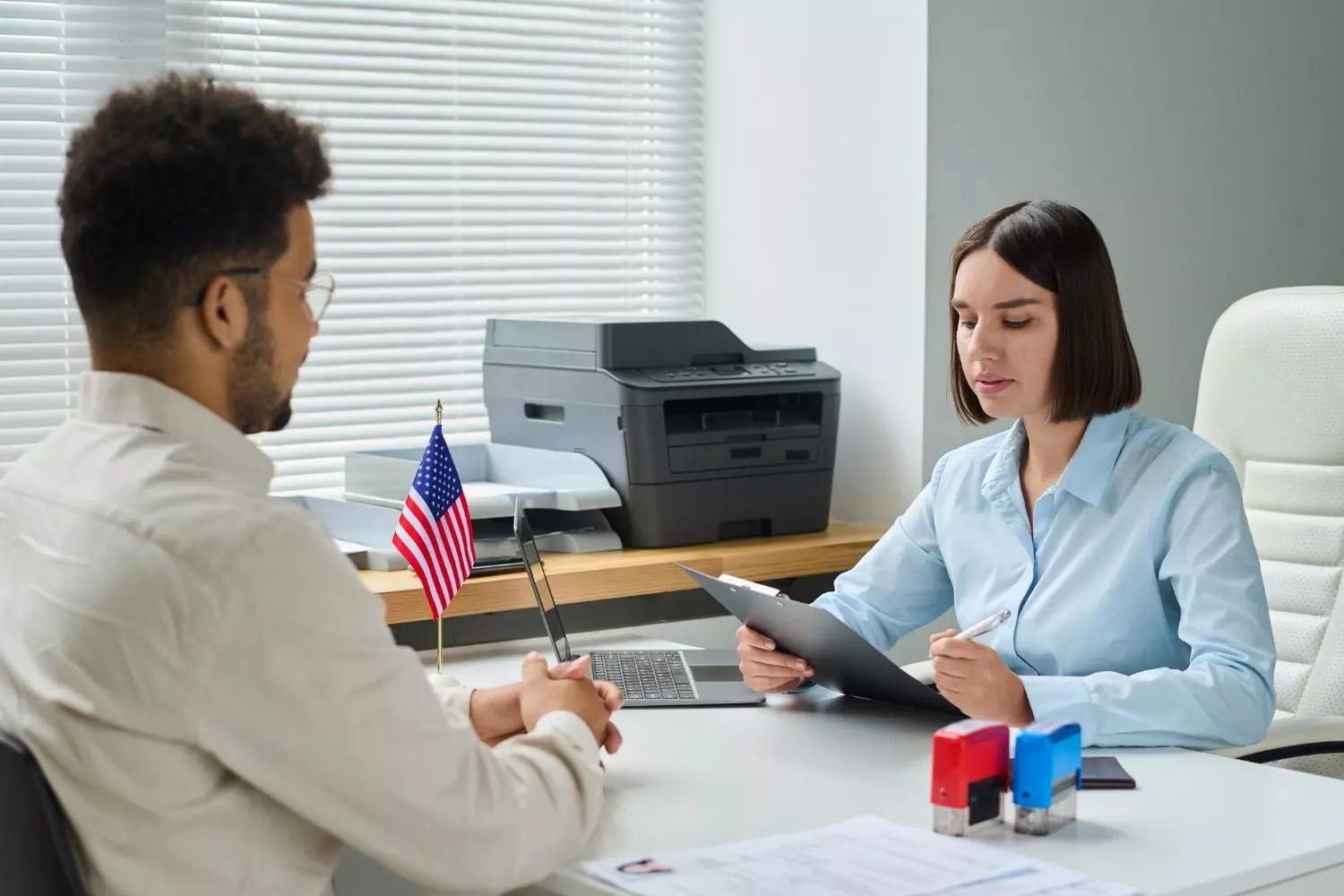
US expands social media vetting for foreign students in new visa move; what does it mean?
Social media vetting for all international students to study in America could disrupt student visa processing and financially strain US universities

The Donald Trump administration has ordered US embassies around the world to pause the scheduling of all fresh visa interviews for foreign students, sparking concern among international students and educational institutions.
The move follows the US government's plans to expand social media checks for all student and exchange visitor visa applicants.
Also Read: US stops scheduling visa interviews for foreign students as it expands social media vetting
Social media scrutiny
A State Department message on Tuesday (May 27) said: “Consular sections should not add any additional student or exchange visitor (F, M, and J) visa appointment capacity until further guidance is issued.”
US Secretary of State Marco Rubio said in an internal cable seen by news agency Reuters that the department plans to issue updated guidance on social media vetting of student and exchange visitor applicants following a review and recommended consulates to pause the scheduling of such visa appointments.
The instruction applies to student and exchange visas, which many foreign students need to study in the US.
Foreign students in trouble
More than one million international students were studying in the US in the past year, contributing nearly $43.8 billion to the US economy, according to the NAFSA association.
The pause could lead to long delays in visa processing and impact universities that depend on international students for income.
The US State Department's plan to mandate social media vetting for all international students to study in America, could disrupt student visa processing and financially strain US universities.
Also Read: No skipping classes for Indian students in the US; they may lose visa
What is social media vetting?
Social media vetting involves scrutinising an applicant’s online activity to assess their eligibility for entry. Officials will review the social media profiles of prospective students to determine whether they should be allowed to study at US institutions.
This involves analysing an applicant’s online activity across platforms like X (formerly Twitter), Facebook, TikTok, LinkedIn, and others.
Since March, consular officers have already been checking the social media of students who joined pro-Palestinian protests, taking screenshots of posts considered “potentially derogatory” even if the content was later deleted.
The wider expansion would apply to all student visa applicants, not just those flagged for activism.
What about scheduled interviews?
For students who already have their appointments scheduled, there is nothing so worry as such.
In the cable, Rubio said these scheduled appointments can proceed under the current guidelines, but available appointments not already taken should be pulled down.
The State Department's directive did not elaborate on what type of extensive vetting the administration is planning, but it alluded to executive orders that are aimed at keeping out terrorists and battling antisemitism.
Actions have previously been taken against students and even professors over social media posts.
Also Read: US warns Indians of deportation, lifetime travel ban for overstaying visas
Fallout for education
US President Donald Trump has also accused some universities of promoting far-left ideas, and his administration has linked the new visa checks to efforts to fight antisemitism.
While social media vetting was first introduced in 2019, this is the most sweeping expansion yet. US Secretary of State Marco Rubio said last week that thousands of student visas had already been revoked.
The suspension of visa interviews comes just months before the new academic year begins, raising concerns that many students may not be able to reach the US in time.
Universities across the country are warning that this could affect not just students but also research, teaching, and funding.

